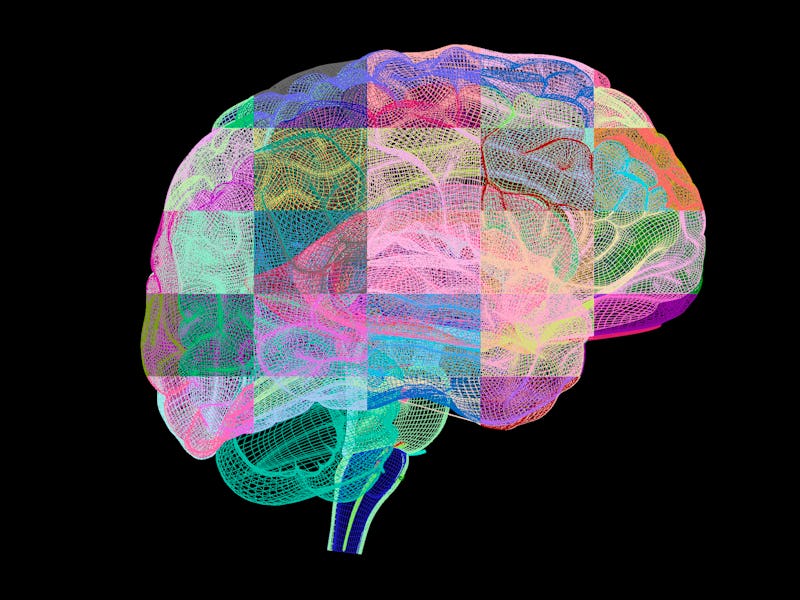How decoding the brain can heal anxiety and restore sensations
In this episode, we discuss the groundbreaking research in brain-computer technology that is offering new hope.

What is humankind’s biggest scientific mystery to date? Humankind.
What sets us apart from our neighboring species is an organ that we’re only beginning to understand? The human brain.
While modern, scientific understanding of this complex network of neurons between our ears really only began in the last few decades, we’ve already learned a lot about the body’s control center — and have been given a lot to think about.
In this episode of The Abstract, we discuss the groundbreaking research in brain-computer technology offering new hope in restoring sensations and treating anxiety.
Our first story is about groundbreaking research in brain-computer interfaces that’s offering new hope for those who have lost their sense of touch. By decoding neural signals from the brain, researchers were able to create movement and sensory perception in paralyzed limbs. Innovations like these in sense-restoring technology could be life-changing for spinal cord patients and make a devastating loss of sensation reversible.
Our second story tackles a different kind of feeling — our emotions. By analyzing various neural regions in marmosets, scientists have untangled the root of anxiety in the human brain, unlocking the door to faster and more effective anxiety treatment in the future.
Read the original Inverse stories here:
- Serotonin study explains why some people are more prone to anxiety
- Brain-decoding computer can restore this important human sense
Where to find us:
- Subscribe to The Abstract wherever you listen to podcasts: iTunes | Spotify | TuneIn | RadioPublic | Stitcher
- Follow Sarah Wells on Twitter
- Follow Ali Pattillo on Twitter
- Follow Inverse on Twitter
- We're hosted and produced by Tanya Bustos
—
Right now, facts and science matter more than ever. That's part of the reason for The Abstract, this all-new podcast from the Inverse staff that focuses exclusively on science and innovation. Three new episodes are released a week, and each covers one theme via two related stories. Each features audio of original Inverse reporting, where the facts and context take center stage. It's hosted by the Tanya Bustos of WSJ Podcasts. Because we're Inverse, it's all true but slightly off-kilter. It's made for people who want to know the whole story. —Nick Lucchesi, executive editor, Inverse